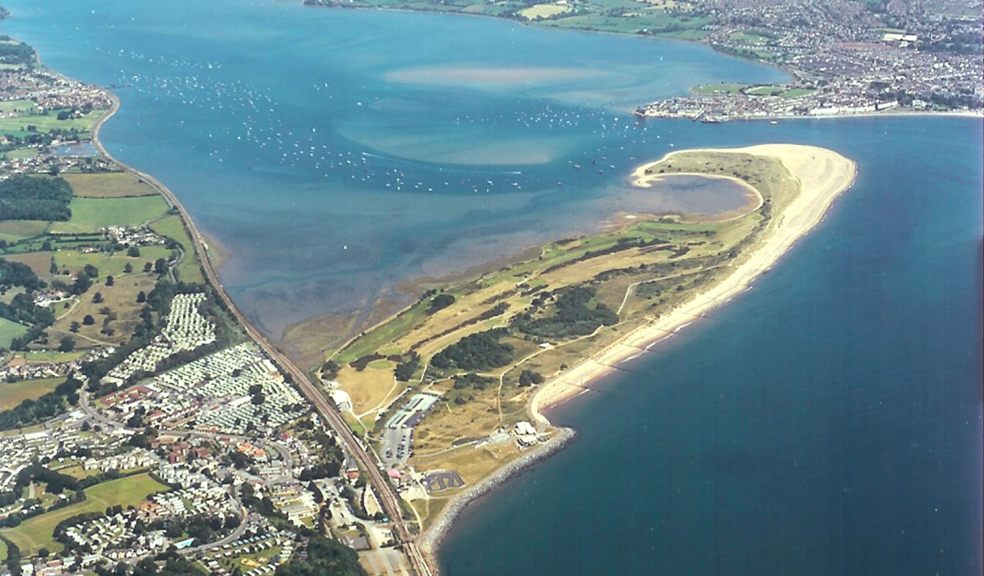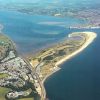
Best bathing water quality for seven years
Bathing water quality across the South West is at its best for seven years.
Out of 145 designated bathing waters sampled in the South West Water region, covering Devon, Cornwall and Lyme Regis in Dorset, 144 or 99.3% met or exceeded the minimum European water quality standard and 132 or 91% met the tighter guideline standard.
This is a significant improvement on last year’s results, when 133 or 91% met the minimum standard and 91 or 62% met guideline.
Before South West Water’s Clean Sweep programme closed 250 crude sewage outfalls across the region, at a cost of nearly £2 billion, only 38 bathing waters consistently met the guideline standard.
That investment continues. Earlier this year South West Water announced that it will spend up to £20 million on a range of schemes to improve bathing water quality at Lyme Regis, Teignmouth, Torbay, Mothecombe, Seaton (Cornwall), Looe and Combe Martin.
This is in preparation for the more stringent standards of the European Union’s revised bathing water directive, which comes into force in 2015. The investment up to 2015 will be financed from the company’s own resources and will not impact on the average household regional bill.
In our business plan for the next five-year investment period, which will be submitted to Ofwat next month, we are proposing to invest an additional £44 million on maintaining bathing water quality between 2015 and 2020, while keeping bill increases well below the rate of inflation.
The company is also working closely with other organisations and local communities to prepare for the revised directive.
Stephen Bird, South West Water’s Operations Director, said: “We are very pleased with this year’s results, particularly after last year’s wet summer.
“Our priority now is to continue preparing for the revised bathing water directive and we will be investing a further £20 million at key beaches over the next 18 months.
“But we can’t do it alone. Bathing water is affected by urban drainage, agricultural run-off, birds and other wildlife, private sewers and misconnections – homes wrongly connected to surface water drainage instead of public foul sewers – as well as South West Water’s infrastructure. That’s why it’s important that we continue to work with other organisations and local communities to tackle all these factors so that residents and visitors alike can continue to enjoy our beautiful beaches.”

















